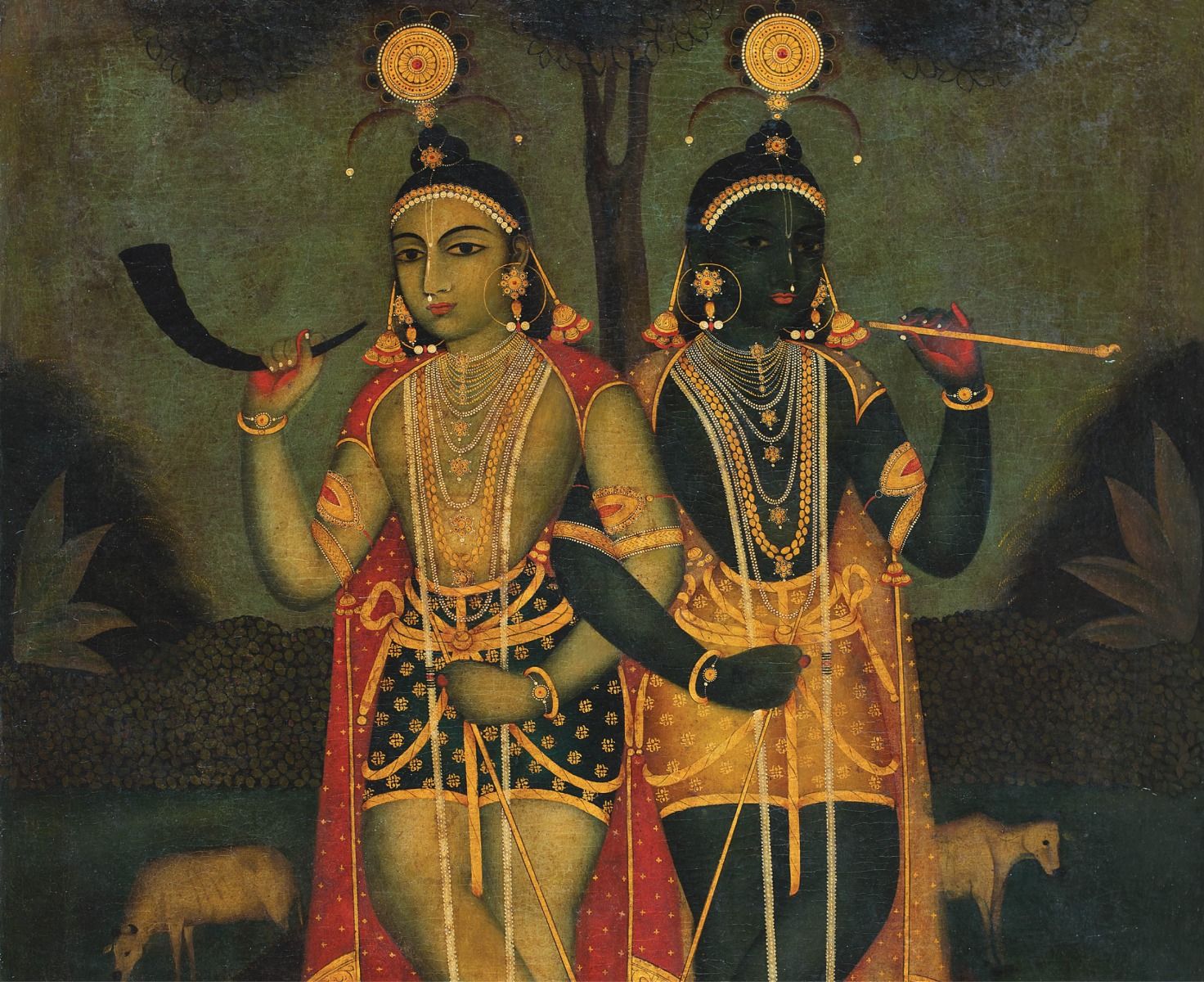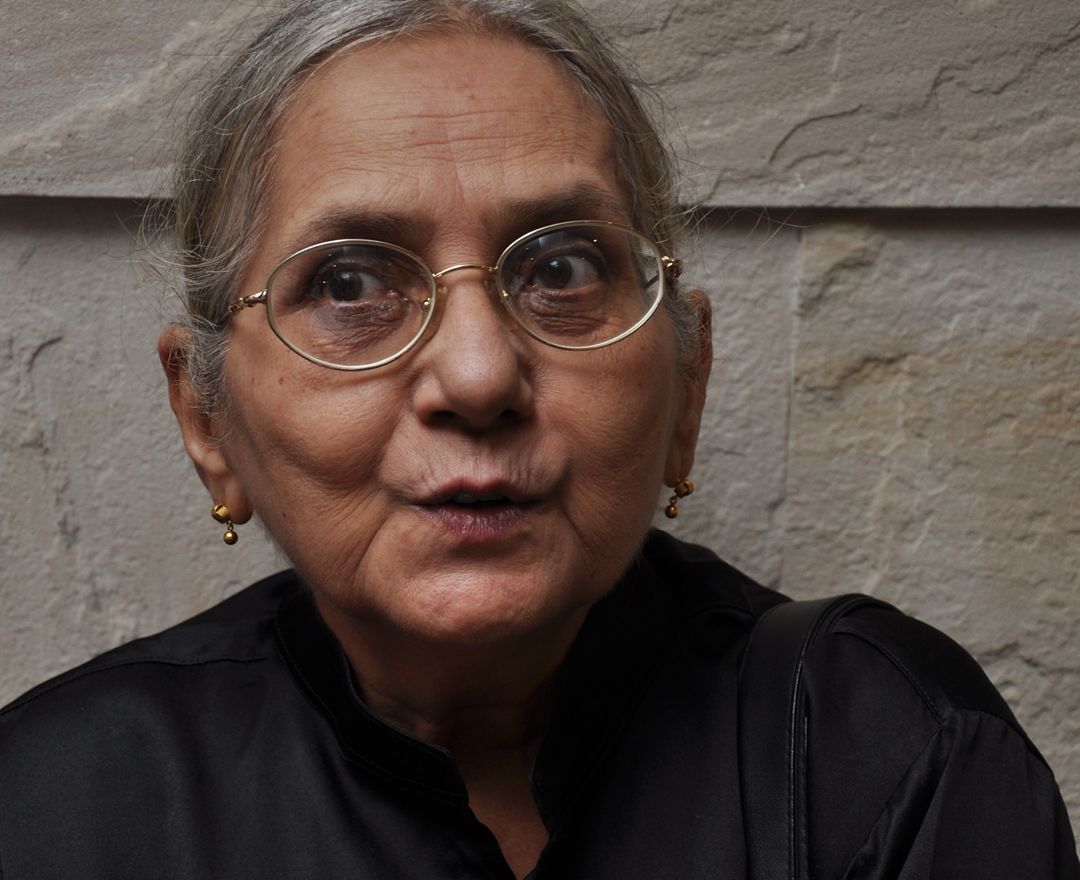Manjit Bawa
Manjit Bawa
Manjit Bawa
|
1941 - 2008 Manjit Bawa |
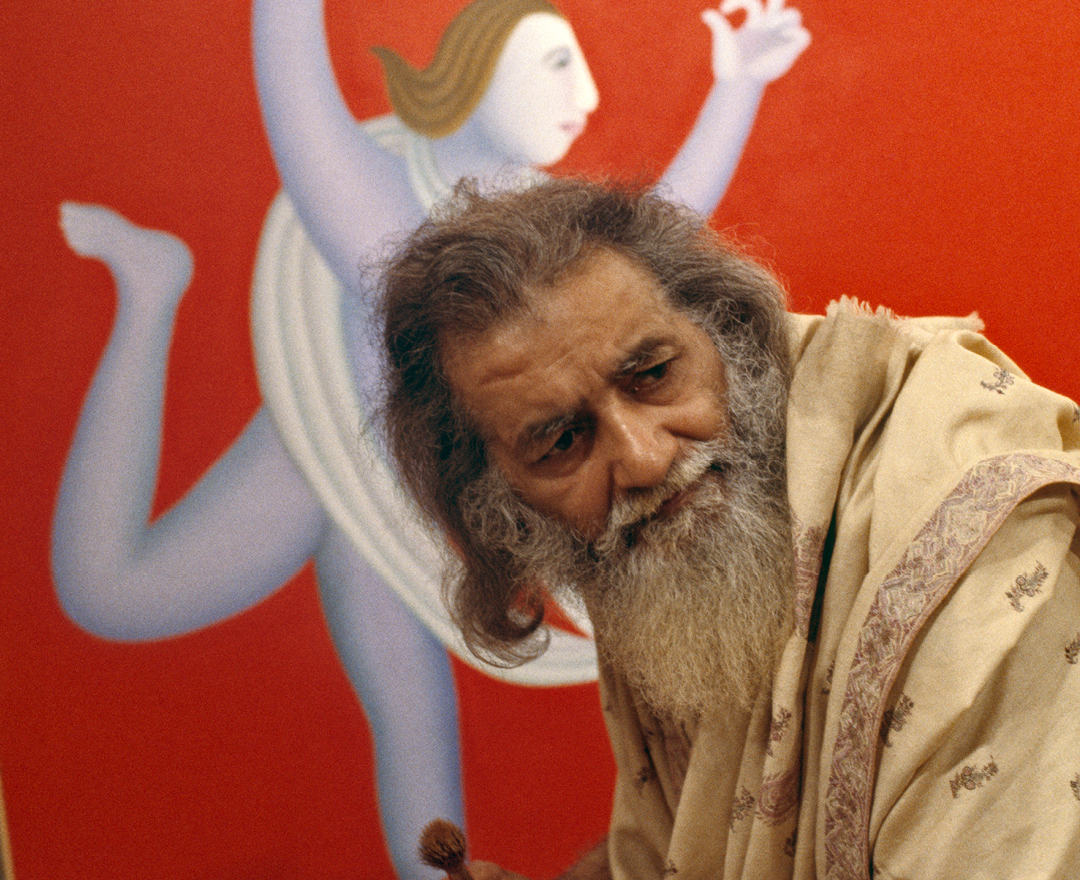
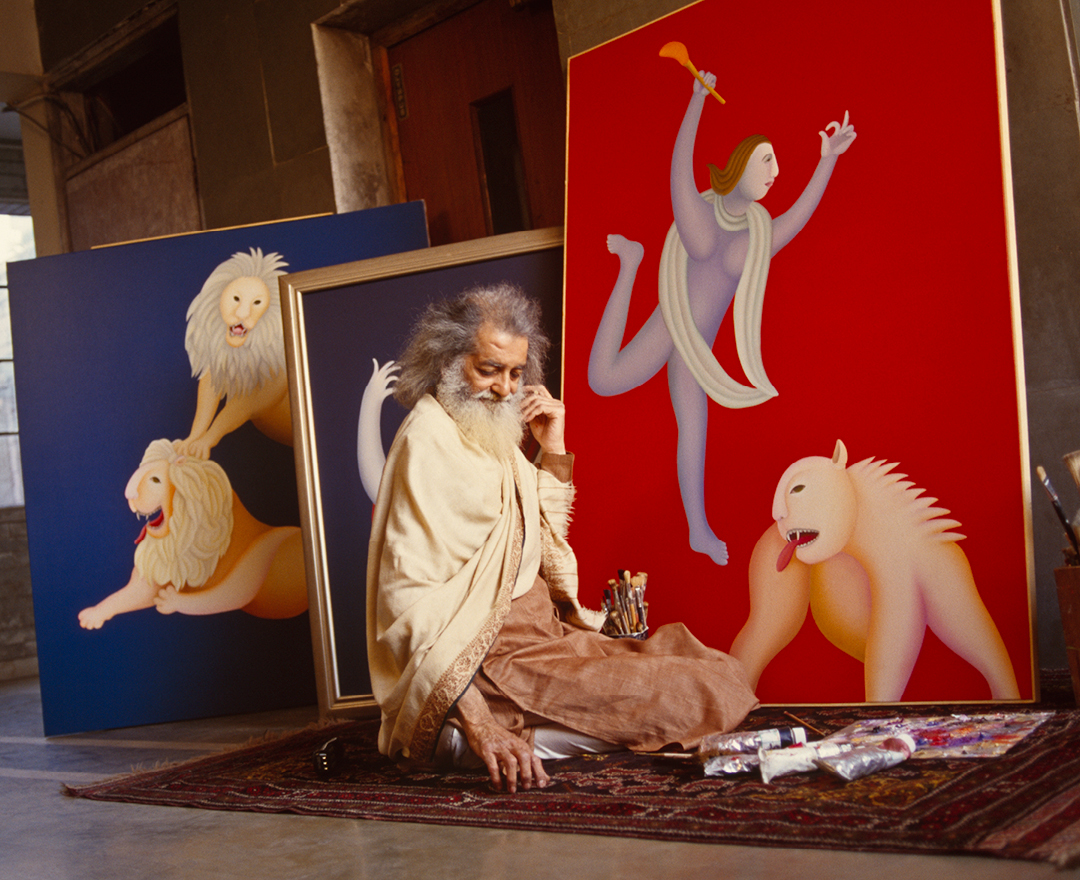
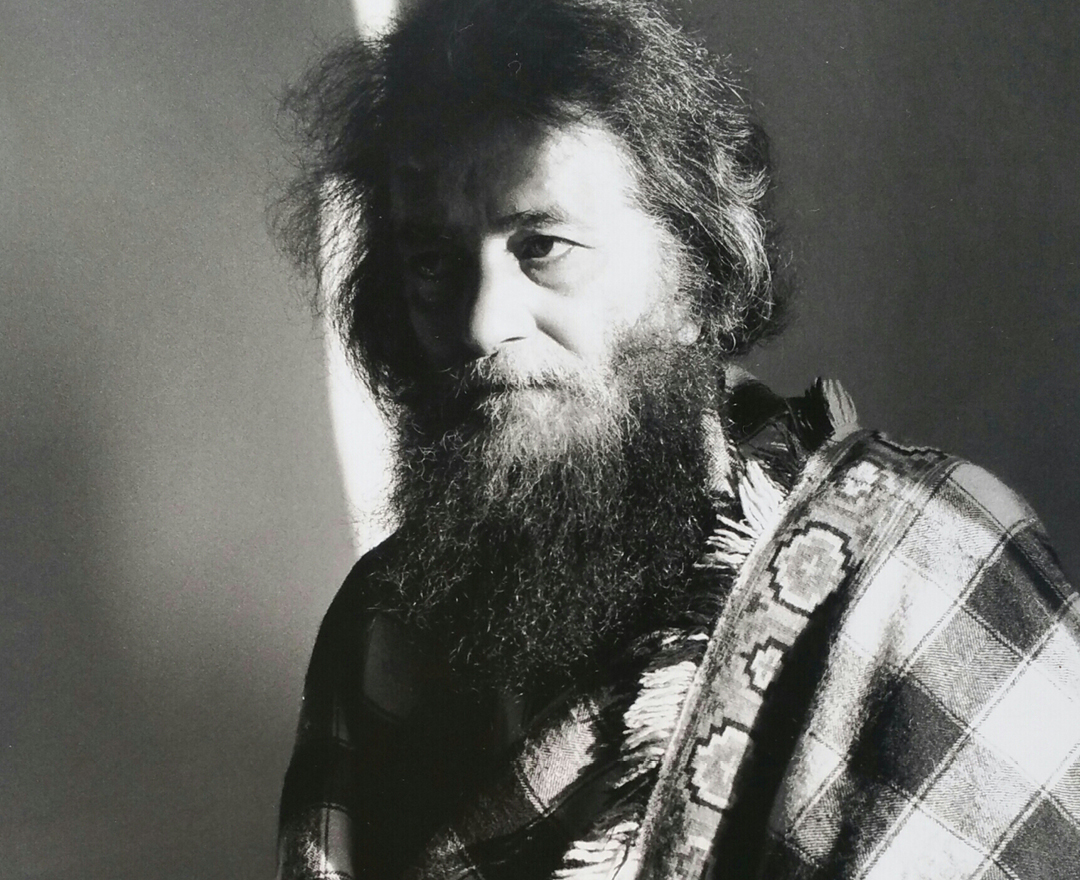
‘Manjit turned to figuration when the whole art scene was leaning towards abstraction’
S. KALIDAS
artworks
dag exhibitions
|
‘India Modern: Narratives from 20th Century Indian Art’ |
|
DAG, New York, Mumbai, New Delhi, 2015 |
notable collections
|
National Gallery of Modern Art, New Delhi |
|
Lalit Kala Akademi, New Delhi |
|
Government Museum and Art Gallery, Chandigarh |
|
Roopankar Museum, Bharat Bhawan, Bhopal |
|
Davida and Chester Herwitz Collection at the Peabody Essex Museum, U.S.A. |
|
Smithsonian Museum, U.S.A. |









